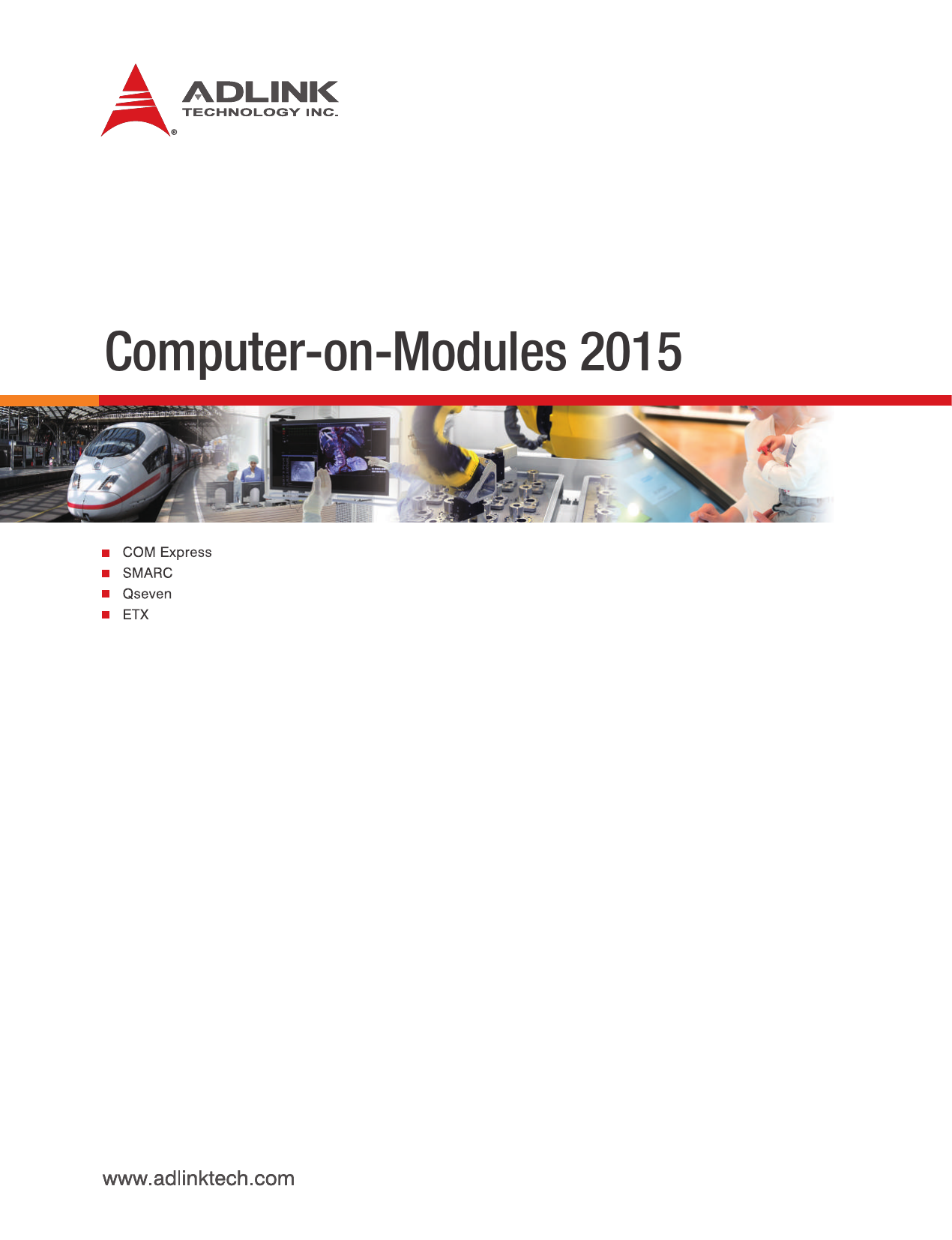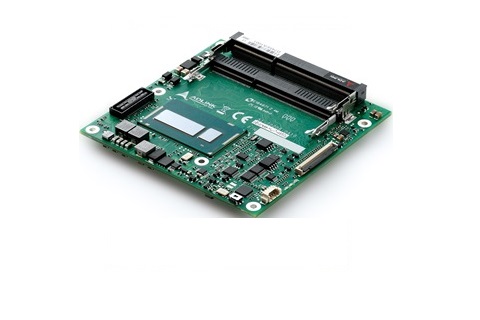- ADLINK’s Express-HL is a COM Express COM.0 R2.1 Basic Size Type 6 module supporting the 64-bit 4th Generation Intel Core i7/i5/3 or Celeron processor with CPU, graphics processor, and memory controller on the same chip.
- The Express-HL is specifically designed for customers who need high-level processing and graphics performance in a long product life solution. The Express-HL features supports Intel® Hyper-Threading Technology (up to 4 cores, 8 threads) and DDR3L dual-channel memory at 1333/1600 MHz to provide excellent overall performance.
- ADLINK PCI-3488 DRIVER - Converting protocols via MGate. The IEEE standard has been widely accepted by instrument vendors for decades. Product of the month February Product of the.


Samson 's Expedition Express Rechargeable Portable PA is packed with incredible features, including Bluetooth connectivity and a built-in 3-channel mixer. It also comes complete with a wired handheld dynamic microphone for delivering impromptu performances and professional presentations in any environment. When you ship with DHL Express – you’re shipping with specialists in international shipping and courier delivery services! With our wide range of express parcel and package services, along with shipping and tracking solutions to fit your needs – learn how DHL Express can deliver!
Adlink Express-hl Driver Updater
It could be trying to load a mixture of the 'staging' comedi modules
from your distro's kernel package and the 'comedi.org' comedi modules
built by yourself. The binary interfaces between the two sources of
modules are not compatible with each other.
You can check where modules are loaded from with the 'modinfo' command:
/sbin/modinfo comedi | head -n 1
/sbin/modinfo adl_pci7250 | head -n 1
Those print the first line of the modinfo output, indicating the full
filename of the module. If the filename includes the sub-path
'kernel/drivers/staging/comedi', the module will be coming from the
distro's kernel package (or from any other kernel built with comedi
included). Otherwise the module will be loaded from the your self-built
and installed comedi installation. The key thing is you don't want any
of the comedi modules to be loaded from 'staging' for your tests.
I think the self-build comedi modules used to be installed in
'/lib/modules/${KERNEL_VER}/kernel/comedi/' by default, but I just tried
it on my Debian system and they got installed to
'/lib/modules/${KERNEL_VER}/comedi/'. However, if you install the
modules with the DKMS system, I think they get installed to
'/lib/modules/${KERNEL_VER}/updates/comedi/'.
If necessary, you can change the search order for modules by creating a
file in the /etc/depmod.d/ directory with the .conf extension (e.g.
'/etc/depmod.d/mysearch.conf') and adding the following line:
search comedi updates built-in
Then running 'depmod -a' as root (or 'sudo depmod -a').
I'm planning to submit a driver module to the Linux kernel so you won't
have to use the self-built driver from comedi.org. However, it would be
nice to see if the one from comedi.org works properly first. In any
case, it would be several months before the submitted driver trickled
through to the mainline Linux sources and it wouldn't get back-ported to
older kernels.
from your distro's kernel package and the 'comedi.org' comedi modules
built by yourself. The binary interfaces between the two sources of
modules are not compatible with each other.
You can check where modules are loaded from with the 'modinfo' command:
/sbin/modinfo comedi | head -n 1
/sbin/modinfo adl_pci7250 | head -n 1
Those print the first line of the modinfo output, indicating the full
filename of the module. If the filename includes the sub-path
'kernel/drivers/staging/comedi', the module will be coming from the
distro's kernel package (or from any other kernel built with comedi
included). Otherwise the module will be loaded from the your self-built
and installed comedi installation. The key thing is you don't want any
of the comedi modules to be loaded from 'staging' for your tests.
I think the self-build comedi modules used to be installed in
'/lib/modules/${KERNEL_VER}/kernel/comedi/' by default, but I just tried
it on my Debian system and they got installed to
'/lib/modules/${KERNEL_VER}/comedi/'. However, if you install the
modules with the DKMS system, I think they get installed to
'/lib/modules/${KERNEL_VER}/updates/comedi/'.
If necessary, you can change the search order for modules by creating a
file in the /etc/depmod.d/ directory with the .conf extension (e.g.
'/etc/depmod.d/mysearch.conf') and adding the following line:
search comedi updates built-in
Then running 'depmod -a' as root (or 'sudo depmod -a').
I'm planning to submit a driver module to the Linux kernel so you won't
have to use the self-built driver from comedi.org. However, it would be
nice to see if the one from comedi.org works properly first. In any
case, it would be several months before the submitted driver trickled
through to the mainline Linux sources and it wouldn't get back-ported to
older kernels.
